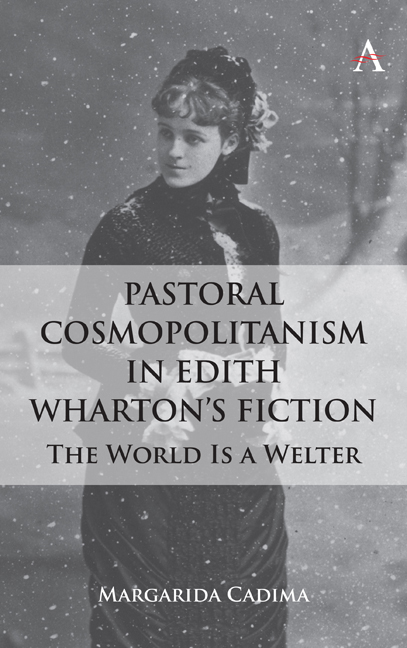Chapter 11 - Stony Waste—The “New Ruin” in the Modern Metropolis and Garden Ruins
Published online by Cambridge University Press: 28 February 2024
Summary
The detailed attentiveness to layered landscapes and their melancholy debris is by no means a facet of Wharton's later literary production. She makes direct reference to antique and modern “stones” in her very first published short story “Mrs. Manstey's View,” which brings into sharper focus Christopher Woodward's notion that “[e]very new empire has claimed to be the heir of Rome, but if such a colossus as Rome can crumble—its ruins ask—why not London or New York?” The New York-set “Mrs. Manstey's View” is Wharton's earliest text to be analyzed in this book. While a monumental ruin suggests to many the grandeur of a classical heritage (as in “Roman Fever”), “Mrs. Manstey's View” is important for its focus on a mundane urban site that is falling into desuetude, incrementally abandoned due to dizzying civic and economic flows. For Rose Macaulay, these “new ruins,” linked with neighborhood backyards and other non-traditional or unofficial green spaces, do not command our full attention because they “have not yet acquired the weathered patina of age, the true rust of barons’ wars, not yet put on their ivy.” This is, however, precisely what captures Wharton's literary imagination. In a manner that exposes the shortcomings of some recent ecocriticism, which tends to devalue urban nature writing as “short takes and small grains at micro-level,” Wharton's story extracts a rare emotional power from the fragmented map of Mrs. Manstey's shabby locality.
Charlee M. Sterling points out that to “understand” the intricacies of Wharton's art “we must consider the literary circumstances in which she was writing.” Sterling adds that: “Wharton first published a short story (“Mrs. Manstey's View”) in 1890, just as the American literary scene was in great flux.” This story was published in July 1891 (not in 1890 as Sterling states) in Scribner's Magazine, at a moment when not just the “literary scene,” but more crucially New York City itself was undergoing an astonishing overhaul and reinvention. Wharton's story can be parsed as a “dwelling” on the rapid cycles of demolition, population reduction, relocation and urbanization that constitutes an emergent global metropolis. The watchwords of capitalist enterprise (progress and profit) exist alongside Mrs. Manstey's fears of erasure of her personal touchstones of horticultural beauty.
- Type
- Chapter
- Information
- Pastoral Cosmopolitanism in Edith Wharton's FictionThe World is a Welter, pp. 141 - 152Publisher: Anthem PressPrint publication year: 2023



